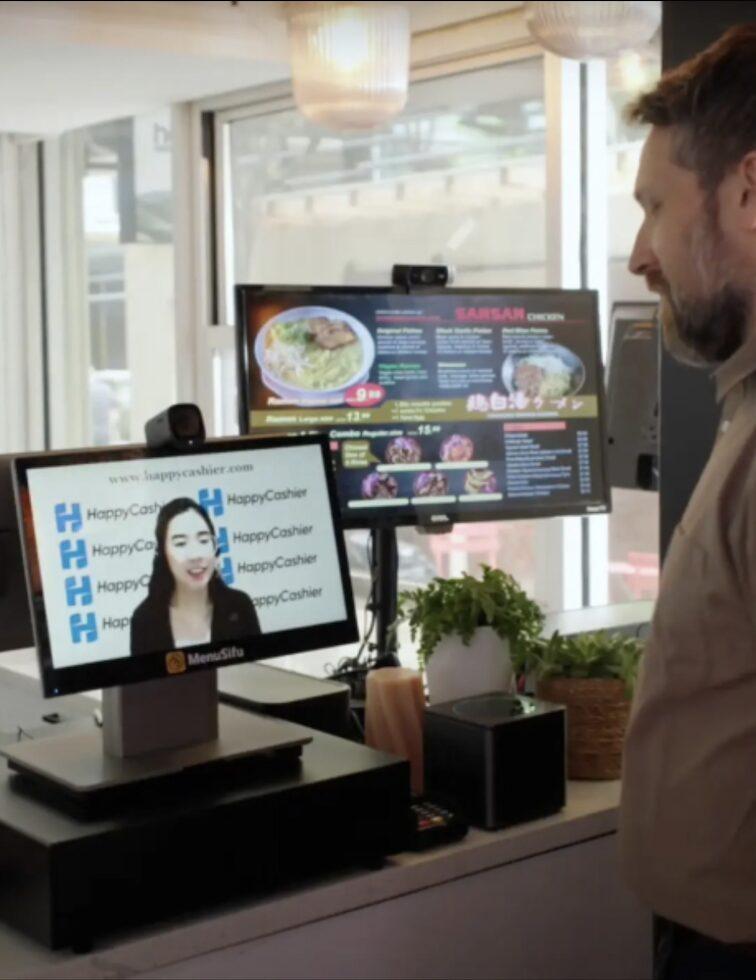BUT Moses implored the Lord, his God saying, “Why, O Lord, should your wrath blaze against your people, whom you brought out of the land of Egypt with such great power and with so strong a hand? Remember your servants Abraham, Isaac, and Israel, and how you swore to them by your own self, saying, “I will make your descendants as numerous as the stars in the sky; and all this land that I promised, and I will give your descendants as their perpetual heritage.” So the Lord relented in the punishment he had threatened to inflict on his people. (Exodus 3:13-14)
This passage from Exodus, which we hear at Mass this Sunday, brings relevance to the affairs going on in the Philippines where the police are extrajudicially killing drug pushers and drug lords. Contrary to God’s “relenting” and merciful approach to a “stiff-necked” people who turned away from Him to worship a molten calf, President Rodrigo Duterte and his administration have chosen to condemn these criminals to the punishment of death. For them, this is the only solution to illegal drugs and crimes that have beset the country.
But God, in this Sunday’s Scriptures, chose mercy to a wayward people instead of hate, conversion instead of condemnation, rehabilitation instead of destruction, and life instead of death. The Gospel illustrates this heart of God in three parables. The Good Shepherd leaves the 99 sheep to find the lost one. A woman with 10 coins lights a lamp to find the missing one. And a father runs to his prodigal son, embraces him, and holds a feast for him because “he was lost and has been found.”
What boggles my mind is that many fellow Catholic Christians who believe in a merciful and just God are approving, silent, and unrelenting to this method of solving the country’s problem. I agree that there are no easy solutions, but our Christian tradition is clear on how we should handle the malefactors of our society. Despite their evildoings and weaknesses, we still have to respect their human dignity and treat them with mercy and forgiveness.
It’s not easy to say this, one might argue, when these drug pushers and addicts rape women and destroy young people’s lives. But, still, the radicalness of the Gospel of Jesus Christ asks us to love our enemies and to pray for our persecutors. Certainly, there should be a right retribution to their wrong doings, but we must bring punishment to them that would bring repentance and change in their lives. Our hope, as Psalm 51 says, is that God will have mercy on them, cleanse them of their sins, and create a new heart in them.
Our young Filipino seminarian studying at St. John’s Seminary, John Paul Simon, expresses God’s will for everyone—saints and sinners—in a reflection paper: “Having hope in us, he desires us to walk in faith to meet Him to a new place. Merciful, He assures us that He will meet us where we are. Having hope in us, he desires us to grow in faith. Merciful, He assures us that we will be found.”
President Duterte has challenged the Catholic Church to do its work and to lead by examples. He’s right. The Church must continue to preach the Gospel of Life and Hope, especially to sinners, the poor, the ignorant and the weak. Bishops and priests must take President’s Duterte’s challenge to defend the dignity of the poor and the young.
It’s what the Church should exactly do—not to be afraid to speak up, but to be courageous in advocating for the rights of all people including criminals.
* * *
From a Filipino immigrant family, Reverend Rodel G. Balagtas was ordained to the priesthood from St. John’s Seminary in 1991. He served as Associate Pastor at St. Augustine, Culver City (1991-1993); St. Martha, Valinda (1993-1999); and St. Joseph the Worker, Canoga Park (1999-2001). In 2001, he served as Administrator Pro Tem of St. John Neumann in Santa Maria, CA, until his appointment as pastor of ImmAaculate Heart of Mary, Los Angeles, in 2002, which lasted 12 years. His term as Associate Director of Pastoral Field Education at St. John’s Seminary began in July 2014.





